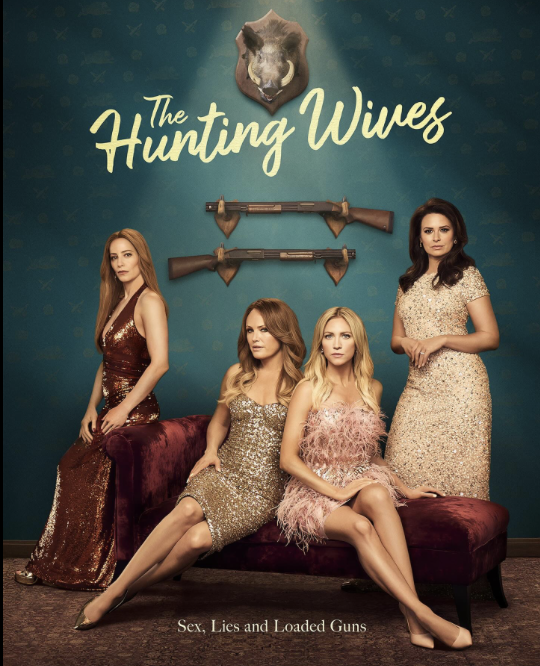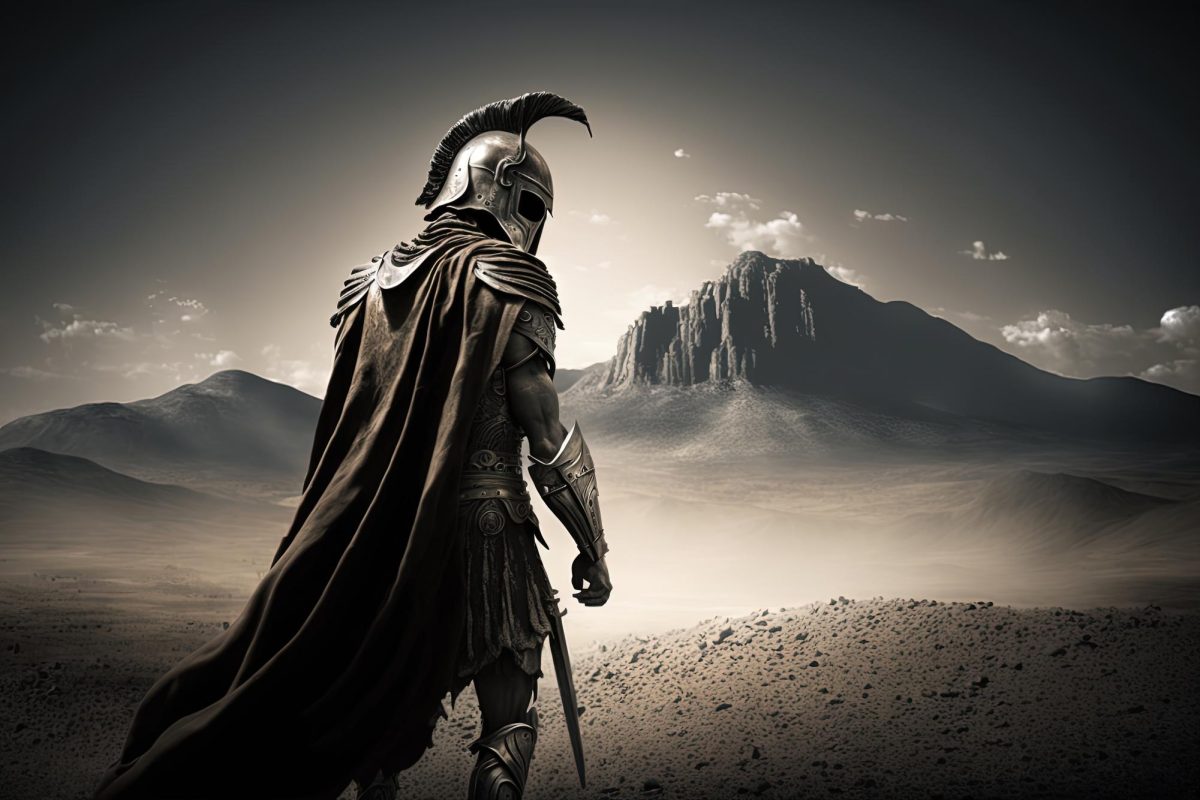What does it take to be a great president? Last month I briefly examined three men who I consider the Great Presidents. But in order for that term to mean anything, it means that not everyone can be in the category. Thus, we have the Nearly Greats. Men who were almost Great. This doesn’t mean they were bad, in fact it means the opposite. They were so good they almost made it to the top, but just missed out on a couple of counts.
Let me try and define the completely subjective category of Nearly Great. Much like the Greats and the Lemons, it comes down to either intimate knowledge of passing vibes. I admit, I have read far more on Herbert Hoover, who I have placed as an Above Average President, than I have on Teddy Roosevelt. But the vibes I get from Roosevelt and the adjacent readings on him make me think he is Great. Nearly Great presidents were men who achieved either great success with a few complications or men who strove to achieve greatness but couldn’t hold onto that slippery object of destiny.
Given the quantity of men, 45, that I have to rate, I have decided to limit myself to discussions of only three per category. I shall list all of them in order of Most Nearly Great to Least Nearly Great: Dwight D. Eisenhower, Ulysses S. Grant, James K. Polk, Harry S Truman, George H.W. Bush, Bill Clinton, William McKinley, and Franklin D. Roosevelt. The three I will discuss each uniquely define this subjective category.
Ulysses S. Grant: U.S. Grant, born Hiram Ulysses Grant, was the first President elected after the Civil War and the expectations upon him to put the newly re-knitted nation back on a track of prosperity and justice was more than anyone could have possibly achieved. And yet, Grant did far more than either his adversaries, both Republican and Democratic, and historians have credited.
Domestically, Grant’s pressure on reconstruction was admirable, although doomed to fail. He prosecuted and eliminated the Ku Klux Klan in the South but was unable to ensure the full equal voting rights of the 15th Amendment. He ended the treaty system with Native Americans and installed a new Peace Policy and Quaker Policy that had early success but was undercut by the very grafting and racism the systems were trying to prevent. He returned the US to the gold standard to allow for more stable financial footing on the world stage, but was hit by the trainwreck of the Panic of 1873 which created the worst economic depression to that point in American History. Every step forward was difficult and often accompanied by a step or two backwards.
Internationally, Grant and his Secretary of State Hamilton Fish were boons for the future. While failing to annex Santo Domingo (today The Dominican Republic) to create a Black State as an escape route inside the Union for Freedmen, Grant succeeded in preventing war with Cuba and Canada. The methods of diplomacy were far more reminiscent of post-WWII, multilateral initiatives than the prior unilateral diplomatic strategies of simply going to war. Grant’s administration secured the allyship with England that won both World Wars and endures today.
Grant’s actual achievements and unrealized aspirations are why I rank him Nearly Great. He was held back by the American people and those he trusted.
James K. Polk: Polk, the Dark Horse, is an exceptional example of machiavellian politics that resulted in massive territorial gain and successful military action. I have rated him Nearly Great for a couple of reasons. First, he executed the second most successful military campaign in American History, only to be outdone by George H.W. Bush in the First Gulf War. Second, his settlement with England over the Oregon Territory was, in spite of himself, a diplomatic solution to a territorial dispute.
However, some of his other successes have had lasting impacts on the American people. Polk annexed Texas, further causing the sectarian crisis beginning to engulf the Union. He also used Texas’ annexation and the dispute over the southern border with Mexico to incite a war that Grant called “one of the most unjust ever waged” by the United States. He also believed that more territory south of the 36 30 parallel would further the expansion of slavery in the United States and shift power to the South away from the North.
Given all this, why would I rank him Nearly Great? Despite his nefarious intentions, the end state of the Mexican-American War was more territory that would ultimately become free after the Civil War and not be scarred with the blight of Slavery. He may have orchestrated the war, but he orchestrated a successful war. Military achievement, while out of popularity today, is necessary for a world power to stay safe. And in the first-half of the 19th Century, such a war of conquest was the norm. His reasons and machinations are what hold him back from being Great.
Franklin D. Roosevelt: FDR is one of those presidents whom I begrudgingly admit was better than I otherwise might suggest. No one can doubt his ability to fight fronts in the most dynamic and destructive war the human race has ever waged. In what was essentially a global race war, FDR managed to create and maintain a precarious alliance that defeated the most atrocious villains the world had ever seen. He may not have survived to see the end, but his work ensured it. For that alone, FDR could be considered a Great President. But that is not all of what he did. Let us not forget the first 9 years of his unprecedented four terms.
FDR is one of those characters in the great American play which we watch and live that divide people. Democrats love him. Republicans hate him. If you listen to New Dealers, FDR managed to fight the moneyed interests and save the American people. If you listen to any conservative, FDR created the leviathan of modern ABC soup bureaucracy and red tape while making the worst depression in modern history only more so. As I prefaced last month, rating presidents requires a lot of bias, and here is where mine shows. FDR’s handling of the Great Depression worsened it. His predecessor, one Herbert Hoover (my personal favorite President), created the structure FDR abused to deepen the depression and install his own power.
In an era of villains, FDR was certainly not one of them. However, compared to a Lincoln or a Washington, FDR never once put the nation above himself.
Thus concludes my evaluation of a select few Presidents. Next month, I will be examining The Above Average Presidents. I will look at Herbert Hoover, Barrack Obama, and Millard Fillmore.





